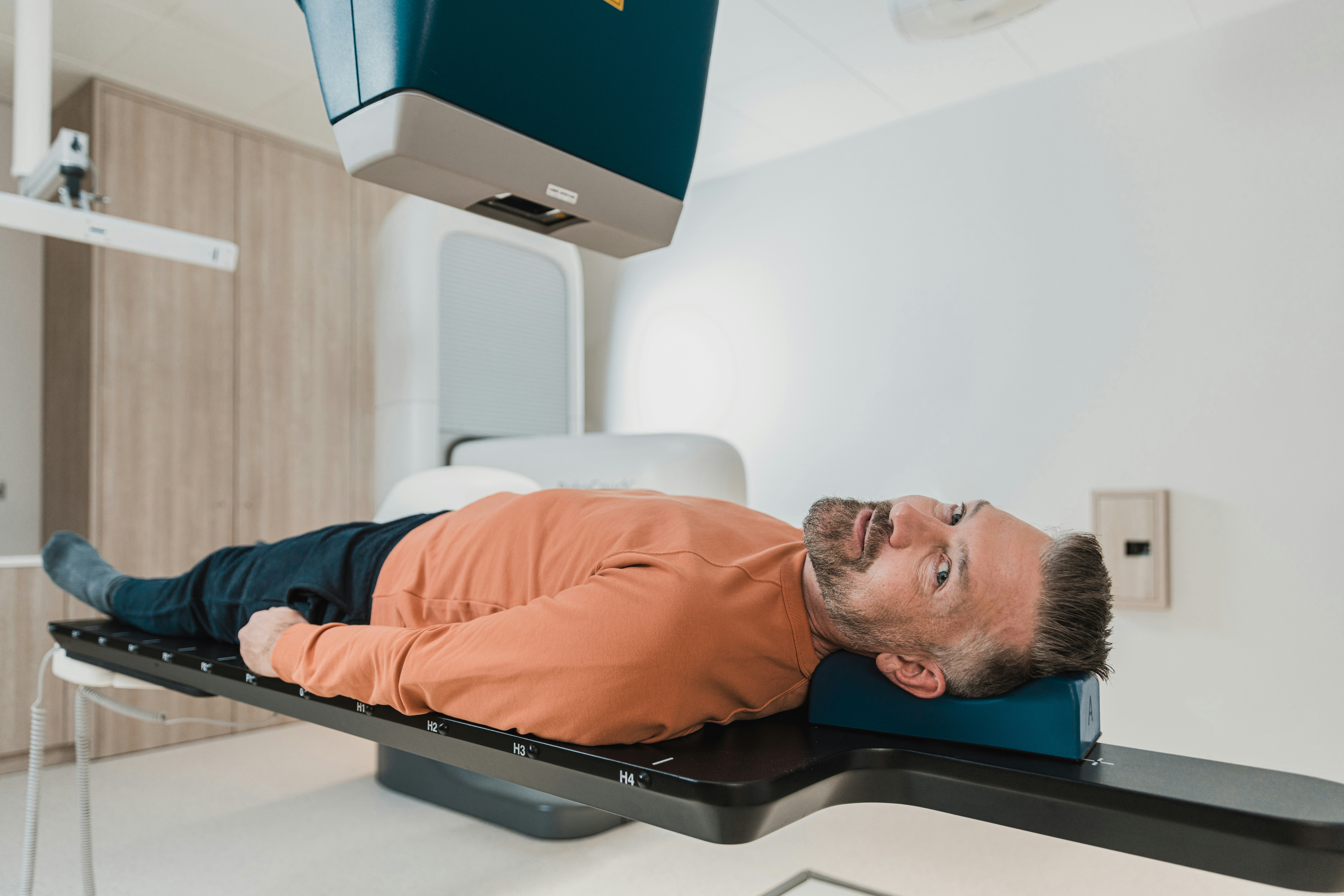Media release
From:
Peer-reviewed; Observational study; People
Males are more likely to get sick and less likely to seek care for three common diseases
A global analysis finds sex-based health disparities for hypertension, diabetes and HIV and AIDS
In many countries, males are more likely than females to get sick and die from three common conditions, and less likely to get medical care, according to a new study by Angela Chang of the University of Southern Denmark, and colleagues, published May 1st in the open-access journal PLOS Medicine.
Many health policies are the same for males and females, even though there is strong evidence that sex and gender can substantially influence a person’s health outcomes. In the new study, researchers gathered global health data for people of different sexes and ages for three conditions, hypertension, diabetes, and HIV and AIDS. By comparing rates of diseases between males and females and differences in diagnosis and treatment, the researchers sought to illuminate and reduce health inequities between the sexes.
The analysis identified significant differences between the sexes at each step in the “health pathway,” which includes exposure to a risk factor, development of the condition, diagnosis, treatment and death. Males and females received different care for hypertension, diabetes and HIV and AIDS in 200, 39, and 76 countries, respectively. Males had higher rates of disease and higher rates of death compared to females, and in some countries, were less likely to seek out health care and adhere to treatment. In most countries, males were also more likely to smoke, while females were more like to be obese and engage in unsafe sex.
Overall, the study suggests that public health professionals need to develop strategies to encourage males to participate in preventive and health care services. The researchers also highlight the importance of examining health data by sex to understand health inequities and guide appropriate interventions at multiple points along the health pathway. They conclude that we need more comprehensive datasets for these and other conditions so that we can monitor for sex differences and implement equitable health care policies.
Professors Kent Buse and Sarah Hawkes, co-founders and co-CEOs of Global 50/50 say, “We have long advocated the benefits of publishing sex disaggregated data. As our Gendered Health Pathways demonstrates, such data can reveal where the health journeys of men and women diverge be it in relation to the risk factors they are exposed to, their health care seeking behaviors or their experiences in health care systems. That is an important first step towards health equity. Most of these differences are not explained by sex (biology) alone, but by socially-constructed gender – highlighting the importance of taking a gender justice approach to reducing health inequities. A gender analysis can help to shape systems of health for all.”
Angela Chang, senior author, adds, “The evidence is clear: sex differences persist at nearly every point along the health pathway, from higher smoking rates in men to higher obesity prevalence in women, yet interventions rarely reflect this. Without sex-disaggregated cascade data, we’re flying blind—unable to detect who is falling through the cracks in prevention, diagnosis, and care.”



 New Zealand; Pacific; International
New Zealand; Pacific; International



